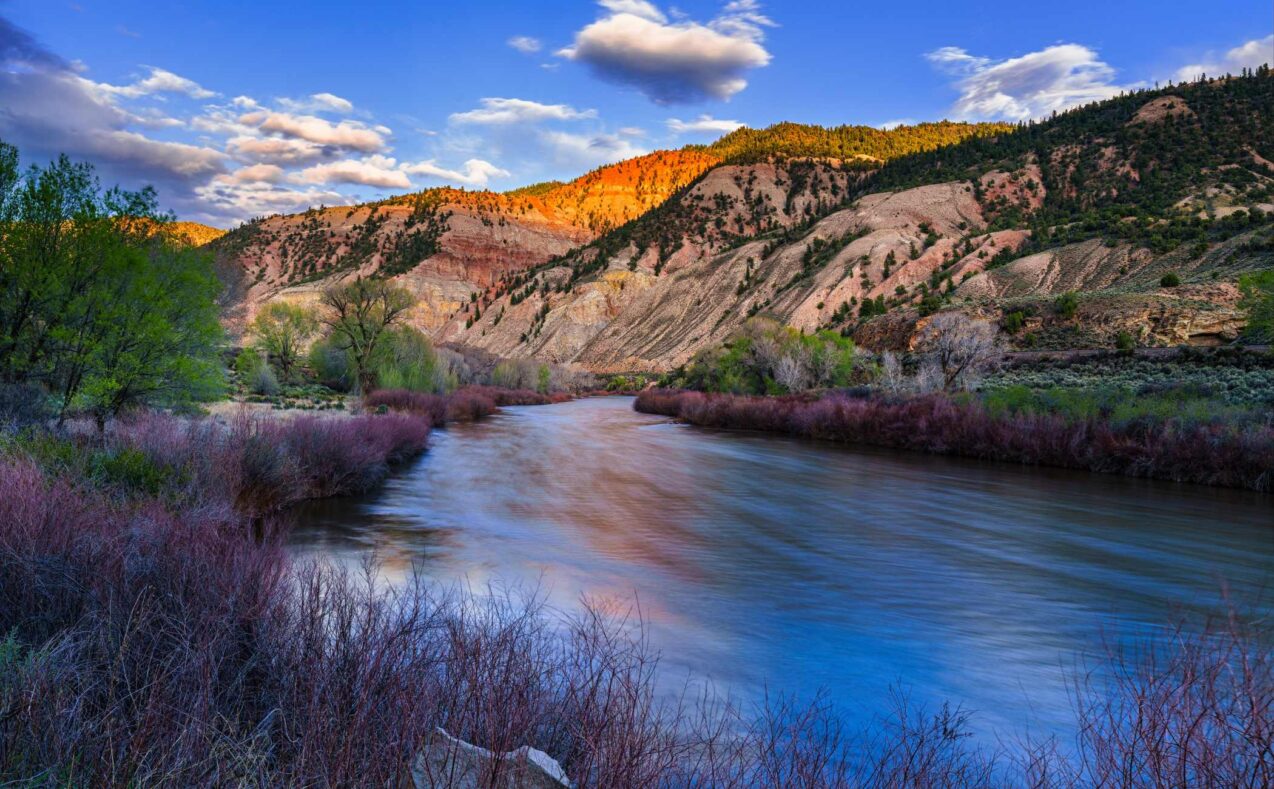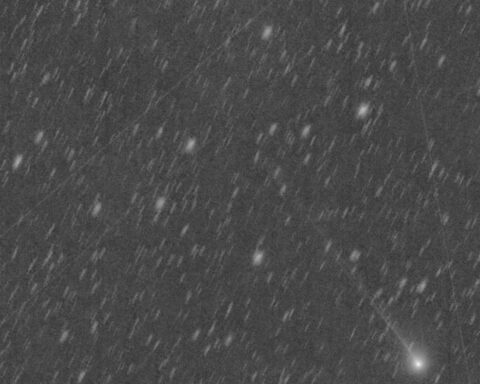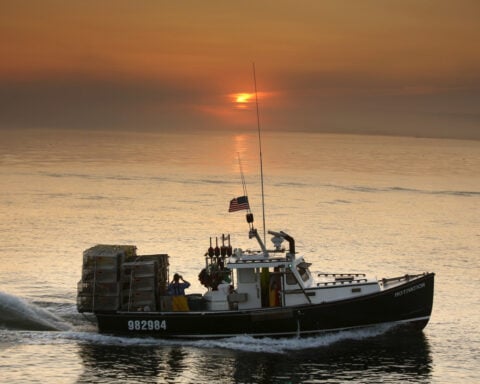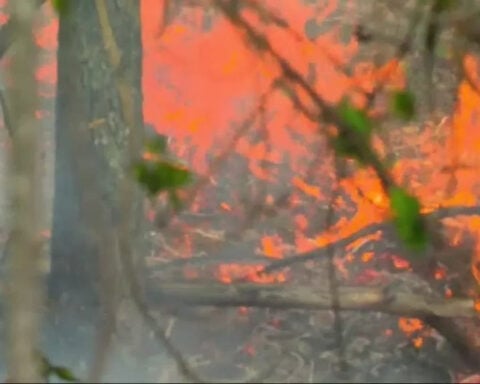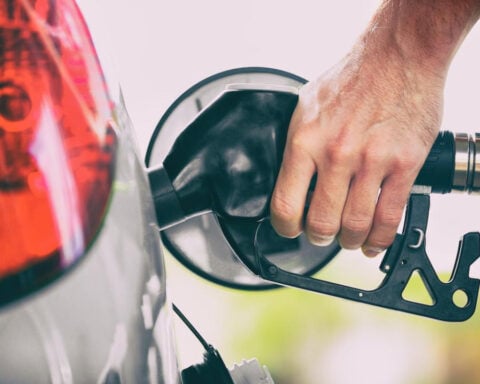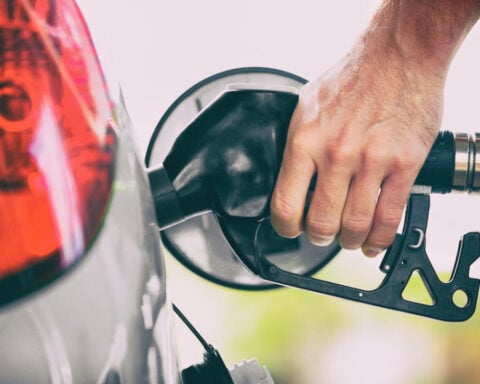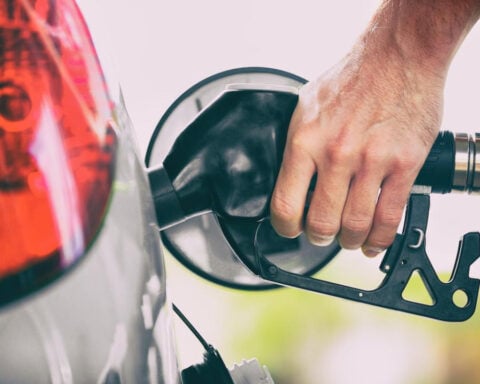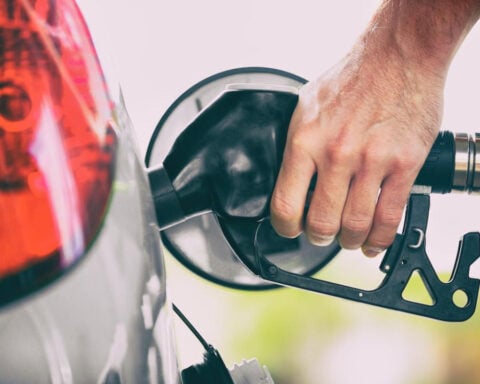States in the Colorado River Basin are missing a significant opportunity to alleviate the region's historic water crisis, according to a recent report by University of California, Los Angeles and the Natural Resources Defense Council.
The analysis reveals that only 26% of treated municipal wastewater is reused across the seven states reliant on the overextended river, which supplies water to more than 40 million people.
Arizona and Nevada lead in wastewater recycling, reusing 52% and 85% of their treated wastewater, respectively. In contrast, California recycles only 22%, despite being the region's largest wastewater producer and having set ambitious recycled water goals in 2009. New Mexico reuses 18%, while Colorado, Wyoming, and Utah recycle less than 4%, with Utah trailing at less than 1%.
"We're facing a hotter, drier future, and we need to pursue water recycling aggressively if we're going to ensure a sustainable, resilient water supply for the Colorado Basin," Noah Garrison, a water researcher at UCLA's Institute of the Environment and Sustainability, said. "Even recycling 40% of our wastewater could make a dramatic difference, and we have two states already above 50%, showing this is an entirely feasible solution."
The report also highlights a "data desert" — a lack of basic tracking on wastewater reuse. Researchers had to contact treatment plants individually across several states to obtain information, underscoring the absence of consistent reporting systems and a broader breakdown in oversight.
The study points to systemic issues such as prolonged drought, climate change, overuse, and outdated infrastructure as contributing factors to the crisis. It also emphasizes a lack of national coordination and fragmented state policies as major barriers.
There are currently no federal standards for wastewater reuse exist, and only a few states have established comprehensive regulations.

 Trump has begun another trade war. Here's a timeline of how we got here
Trump has begun another trade war. Here's a timeline of how we got here
 Canada's leader laments lost friendship with US in town that sheltered stranded Americans after 9/11
Canada's leader laments lost friendship with US in town that sheltered stranded Americans after 9/11
 Chinese EV giant BYD's fourth-quarter profit leaps 73%
Chinese EV giant BYD's fourth-quarter profit leaps 73%
 You're an American in another land? Prepare to talk about the why and how of Trump 2.0
You're an American in another land? Prepare to talk about the why and how of Trump 2.0
 Chalk talk: Star power, top teams and No. 5 seeds headline the women's March Madness Sweet 16
Chalk talk: Star power, top teams and No. 5 seeds headline the women's March Madness Sweet 16
 Purdue returns to Sweet 16 with 76-62 win over McNeese in March Madness
Purdue returns to Sweet 16 with 76-62 win over McNeese in March Madness
